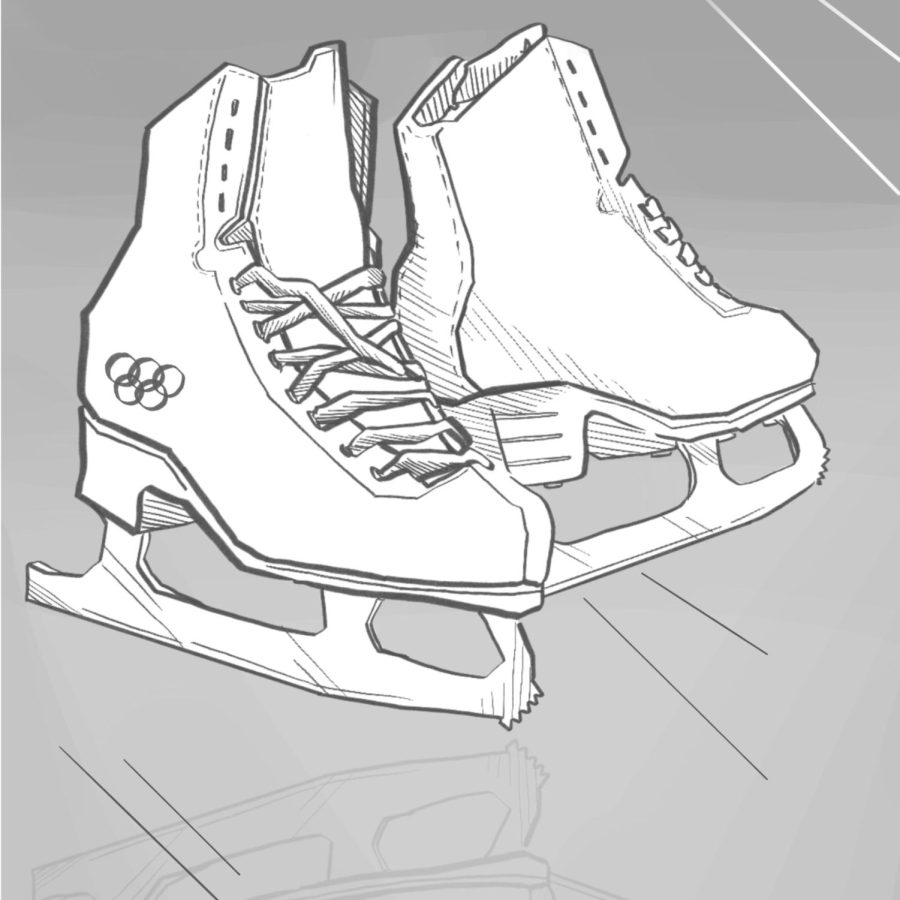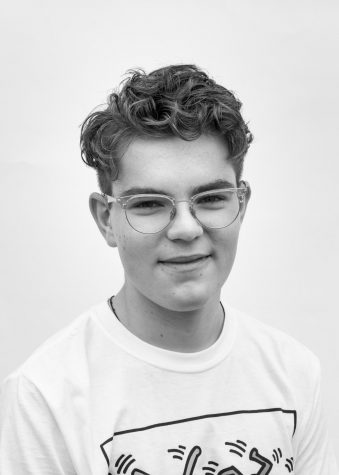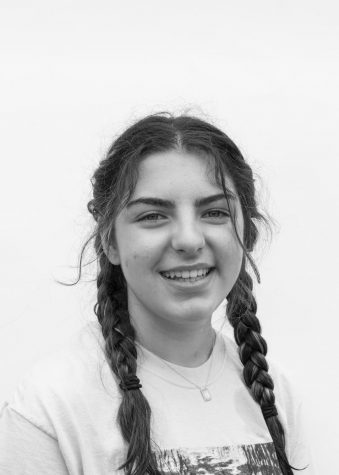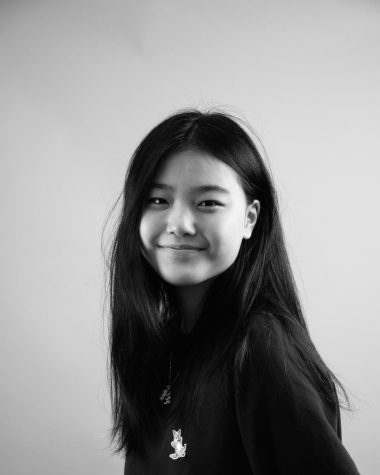The Problem with 15-Year-Old Olympians
April 8, 2022
The scene produced at the close of the Women’s Figure Skating Gold Medal round evoked a bizarre mix of emotions. The Russian skater, Kamila Valieva, rushed out of the rink in tears, clearly devastated by her performance. Soon after her coach was seen confronting her. Valieva’s teammate, Sasha Trusova, who placed second, also broke out in frustration, yelling at her coaches and complaining about her placement. At the same time, teammate Anna Scherbekova won gold—but the commotion from Valieva and Trusova’s breakdowns left her awkwardly alone, unable to celebrate.
Why so much trouble? Aren’t the Olympics supposed to be a source of pride, celebration, and athletic achievement? Well, in the midst of alleged doping, many lost their love for Valieva—even before her blades touched the ice in this final competition. The current Olympic figure skating scene is drastically different from most professional sports. While the average age of Olympic athletes is 26, the Olympic figure skating podium was made up of 15-, 17-, and 21-year-olds. In fact, the entire Russian women’s figure skating team was under 18, contributing to their vulnerability in the media spotlight, especially at the high-pressure competition of the Olympics.
On February 11th, news broke that Kamila Valieva tested positive for athletic-enhancing and illegal substances just days before her gold medal bid. This news brought a great deal of attention to Valieva at the expense of her performance, costing her a spot on the podium that many thought guaranteed. Again, Valieva is just 15 years old, with unimaginable pressure coming from her strict and infamous coach. Western media should not have treated her as an adult and assumed that she had control over whether to take the banned substances. While this year’s winter Olympics have spurred talks of banning children altogether, or Russians, to prevent scandals and guideline violations such as Valieva’s from happening in the future, Valieva lost because nobody wanted her to win.
Ultimately, there was no single person on the rink in Beijing that truly hoped for Valieva’s fair success. Certainly not her coaches, who encouraged her to use illegal recovery-speeding chemicals. Definitely not her teammates, who complained about their lack of spotlight. Even the Western media did not want Valieva to win. Valieva was the best the world had seen for decades, and yet, her legacy was completely ripped through by a ruthless media that so badly wanted to see her fail.
Criticizing Russia for years, international media conglomerates like CNN or BBC could not support running a story in the West of a 15-year-old girl showing Russian excellence on the international stage. Valieva’s scandal was the perfect conduit to direct more criticisms towards Russia. Some might revel in seeing a 15-year-old’s career fall apart, rather than seeing a Russian excel. So, what happens in a world where our most excellent are expected to succeed with nobody to support them? Well, the scene was pretty clear. An ugly, bizzare, and abysmal medal ceremony filled with awkwardness, sadness, and negativity.
This piece also appears in our March 2022 print edition.












